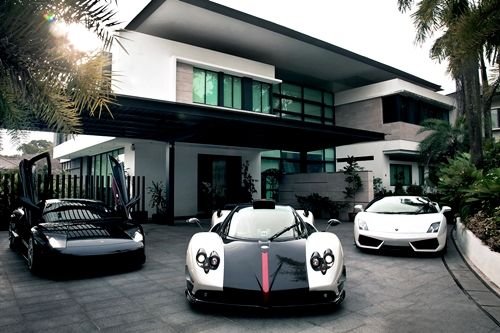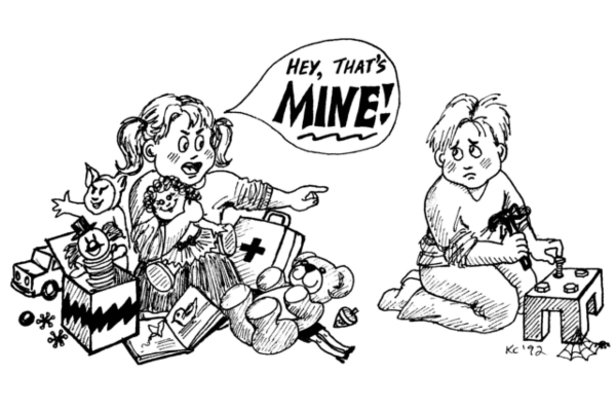Materialistic is defined to be excessively concerned with money or material-possessions. Interestingly enough as our society grows the word “materialistic” is used out of context plenty of times, for example: Have a big house? “materialistic”. Have a lot of money? “materialistic”. There’s not enough information to assume an individual is materialistic solely based on what they own, instead we need to dive into their thought-process to really see if they love materialism.

If you have a high-income job, consequently you may be more inclined to buy expensive things simply because you can afford it, this does not define a person to be materialistic. In fact, it is very possible to be wealthy and humble.
When an individual is swallowed by materialism it means they have an insatiable desire to own things even at the expense of their own well-being. These individuals will usually judge others based of their wealth, or other material possessions.
So why are some, if not many individuals materialistic? The reason is: individuals tend to assume that buying things equals happiness. In a study conducted by psychologist Brian Knutson and his team, they found that when an image of a desirable product was presented before people’s eyes, their brain releases dopamine at the thought of getting that product.
In short, thinking about buying something equates to the same sensation of actually buying something. This is incredibly interesting; however, the sad fact is, that sensation is very short term.

Buying things doesn’t make you happy, especially in the long term. Studies have proven this, yet many psychologists can’t seem to come to a final conclusion on why our brain immediately release dopamine when we’re presented with a product we like. Ironically if we continue to put too much value in material possessions our brain actually does the opposite and makes us unhappy.
There are a lot of theories on why we may be programmed like this, and a very common one is associating how some individuals may have been raised. As children, some individuals were rewarded with “gifts” for doing something good. For example, if you were polite during dinner you may have gotten a cookie for desert, or if you got an A on your report card you earned some money.
There’s nothing wrong with this method of upbringing but if the individuals don’t understand why their being rewarded, and rather solely focused on the reward, it causes them to want whatever their earning with no real justification.

In short, if the only reason why you’re polite during dinner is for the cookie, and not because it’s respectful.. well that's not right. However, this isn’t a parenting post and I’m no counselor, this is just a theory produced in the field of psychology relating to materialism.
Tl;DR: We tend to buy things because we make the mistake of believing that the more materialistic possessions we own, the happier we’ll become. In the short term this may be true since our brain releases dopamine at the flash of a desirable product but eventually your brain will stabilize and the sensation of happiness will fade away.
This doesn’t mean throw away everything you have, because as I stated before the word “materialistic” has been commonly misinterpreted. It is perfectly normal to like nice cars, houses, clothes, etc. while still remaining humble and non-materialistic. Just remember, “don’t judge a book by its cover”!
REFERENCES:
Note: Pssh! If you like this article please don't forget to give an upvote and if you want more content like this feel free to follow me @mindhacks!
I was just thinking about this concept today. More money does give you more freedom, but it doesn't mean you will be happier
Defiantly, the relationship between happiness and money is arguably independent and this is very apparent for the long term. I won't deny that having freedom is very nice and money is a necessity just as long as you don't become obsess or judge others for it!
Well said. You couldn't have written it better.
Nice piece
Thank you @samminator